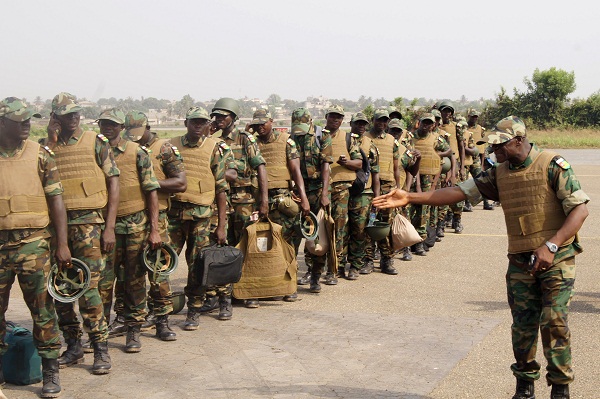The crisis in Mali is yet another unintended consequence of the Arab Spring. Specifically, they are a result of the revolution in Libya, where Tuareg rebels who supported Gaddafi were forced to flee after his downfall. Heavily armed and regrouping in Mali, they created the National Movement for the Liberation of Azawad (MNLA) which effectively ended the government’s control over the north. Jihadist groups aligned with al-Qaeda then swooped in and established a semi-autonomous Islamic state in the north.
As they pushed south it looked as if they might capture all of Mali, prompting interim President Dioncounda Traore to ask for French assistance. Francois Hollande responded by launching Operation Serval with overwhelming public support both at home and abroad. The mission is straightforward enough: to stop the Islamist push south and re-establish the government’s control over the north.
Yet, neither of these tasks will be easily achieved. Memories of swift and successful interventions in Africa, such as Blair’s foray into Sierra Leone have long recessed. The Malian jihadists are well armed and are exploiting a pattern of increased lawlessness across the Sahel following the Arab Spring. Their willingness to use asymmetrical tactics now also explains the ongoing hostage crisis in Algeria, where 41 foreigners are being held by jihadists unhappy with French involvement in Mali.
Yesterday’s Algerian siege could not have come at a worse time for Hollande. Last Saturday French Special Forces launched an ambitious rescue attempt in Somalia to free an intelligence officer, Dennis Allex, held by the Somali terrorist group al-Shabaab. The mission resulted in two soldiers being killed before it was eventually called off. To compound Hollande’s problems, the bodies of the fallen soldiers were left behind and have been paraded on jihadist forums. This morning al-Shabaab announced they executed Allex in response to the abortive French mission.
Hollande now has to manage two competing factors: time and French public opinion. The latter will wane at an accelerated pace if the civilian and military death toll climbs. These fears will need to be assuaged if Hollande is to afford his soldiers the time needed to see through their mission in Mali. Even once jihadist fighters are routed, restoring the government’s control over the north will be far from easy. Mali is a state fractured along sectarian and ethnic lines.
It was thought that Hollande would be more reticent about exercising French power in the world. Sarkozy had, for example, committed troops to Afghanistan, the Ivory Coast, and Libya while Hollande’s election manifesto only mentioned foreign policy four times. He may well have been a reluctant interventionist, but Hollande is now committed to Mali in a campaign that could go either way – a gamble that will define a large part his presidency.






Comments